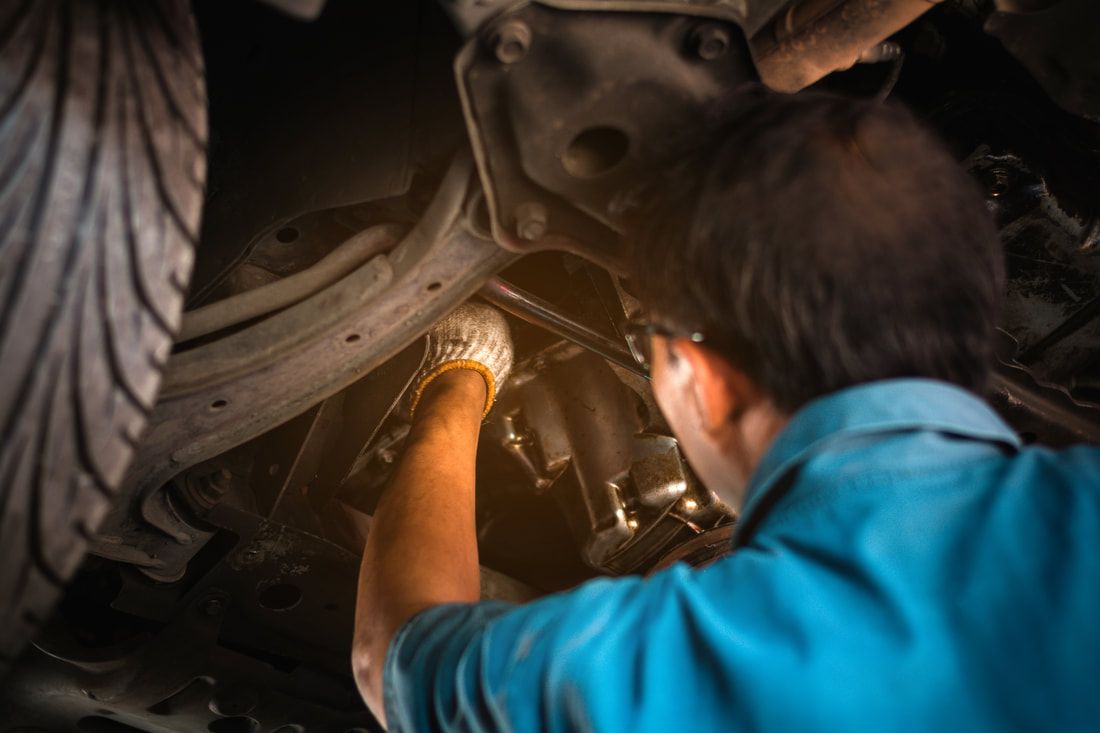5 Causes of Transmission FailureWhen it comes to car repair, no one wants to hear that the transmission is the problem. Transmission repairs have gotten a bad rap because they typically can be costly, yet they need to be done to keep your vehicle moving. Being able to spot problems when you experience issues can help you get the service needed promptly. Transmission failure can be costly and inconvenient, so it’s best to address the problem as soon as you can. Knowing about these problems can help you prevent some of them from happening in your own vehicle and protect your transmission. But what causes the transmission to fail in the first place? Below we discuss 5 causes of transmission failure and provide tips to help avoid these issues from occurring. Clogged FilterYour vehicle’s transmission has a fluid filter that helps keep the transmission fluid clean and free of debris. Over time it can accumulate with grit and grime, clogging up the filter which prevents the transmission fluid from flowing through freely. This inhibits the fluid from doing its job of lubricating and cooling the transmission and ends with a bad result, a failed or overheated transmission, and a costly repair bill. Keeping the transmission fluid filter in good condition can prevent this problem. Transmission Fluid Quality and LevelIn addition to the transmission fluid filter working fine, the fluid itself needs to be clean and at a correct level or your transmission will suffer. That’s why you need to check your transmission fluid levels regularly. Routine maintenance like transmission fluid flushes should also be done to help prevent problems with the transmission. Low fluid levels can’t keep the transmission cool and lubricated and dirty fluid full of gunk will lead to problems with your transmission. Transmission Fluid LeaksTransmission fluid leaks need to be repaired as soon as possible. Failure to do so could lead to low transmission fluid levels resulting in damage from overheating. If levels drop too low, it can lead to complete transmission failure. Transmission fluid leaks are easy to spot. It is typically red and found on the ground underneath your vehicle. Small leaks can appear near the drain plug, so you should also go under your engine to look for any signs of fluid. Worn Out ClutchesIf you notice that your engine is revving too high, the clutches in your transmission may be starting to wear out. This can be caused by low transmission fluid or water intrusion into the transmission. If you have the clutches or other parts inside the transmission repaired when the first sign of this problem starts, it’s possible to avoid a full transmission failure. Poor Vehicle MaintenanceMany of these transmission issues are due to a lack of maintenance on a vehicle. When you have scheduled routine maintenance done by a professional, the fluid filter, fluid quality, and fluid levels are all inspected. By having your transmission serviced regularly, you can protect it from these serious issues and avoid costly repairs. Check with your vehicle’s owner’s manual for recommended service intervals or contact your local transmission expert.
Your vehicle’s transmission is a complex piece of equipment and proper care must be taken to keep it running at its best. If you are experiencing any of the symptoms of transmission failure, it is important to call for service right away. At Best Western Transmission, we have the expertise and equipment to diagnose and fix the problem so that you can get back on the road as quickly as possible. Contact us today for top-quality transmission service!
0 Comments
Leave a Reply. |
©
Best Western Transmission
Terms of Use | Privacy Policy | Accessibility
Terms of Use | Privacy Policy | Accessibility


 RSS Feed
RSS Feed








